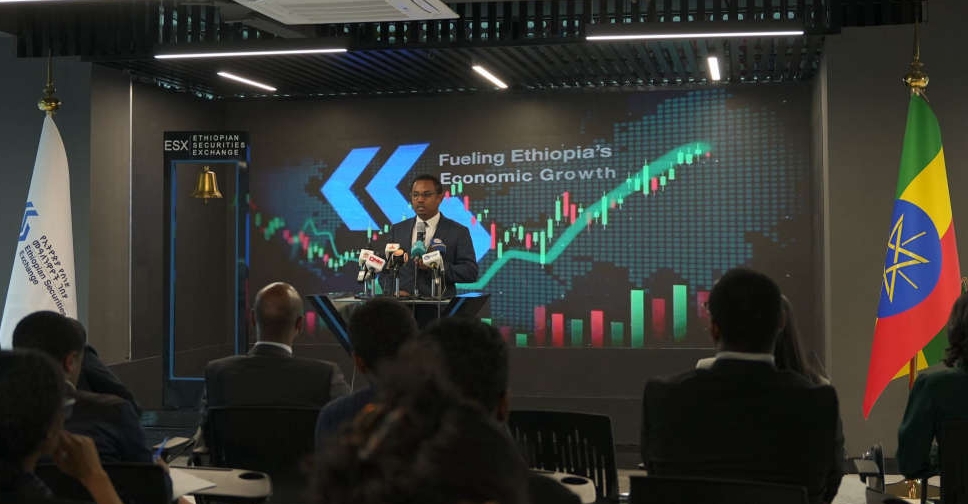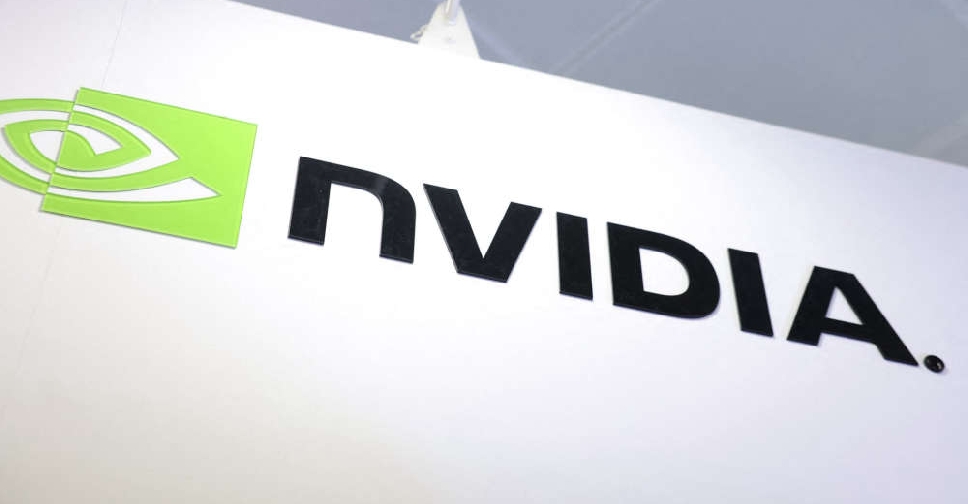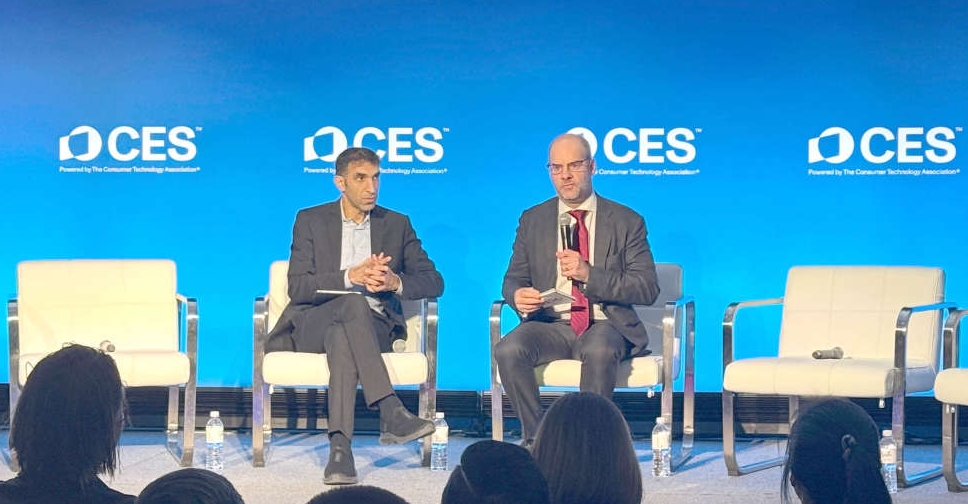
International Monetary Fund Managing Director Christine Lagarde and some two dozen officials on the fund’s executive board will gather Monday at headquarters in Washington for one of the most-anticipated decisions outside of actually approving loans for nations in crisis. The question inside the 12th-floor, oval boardroom: whether to grant China’s yuan status as a reserve currency by adding it to the fund’s Special Drawing Rights basket. The SDR, created in 1969, gives IMF member countries who hold it the right to obtain any of the currencies in the basket - currently the dollar, euro, yen and pound - to meet balance-of-payments needs. While there’s little suspense in the main thrust of the expected approval - Lagarde already announced that fund staff had recommended the yuan be included and that she supported the finding - the IMF is likely to give more details on how it arrived at the decision. The IMF’s highest decision-making body is its board of governors, a group of mostly finance ministers and central bankers from its 188 member countries. The board of governors has delegated most of its powers to the executive board, made up of 24 executive directors who represent the membership. The meeting Monday has been classified as "restricted," meaning no support staff will be allowed to attend. The executive board, which meets more than 200 times a year, usually makes decisions based on consensus, rather than formal votes. Mark Sobel, the U.S. executive director who answers to the Obama administration, wields the most power, with a 17% voting stake. Together, the Group of Seven countries control 43% of the vote, making them a formidable bloc. China, which holds a 3.8% voting share, is represented by former People’s Bank of China official Jin Zhongxia. Here’s what to look for in Monday’s decision and its immediate aftermath: Whether Yuan Deserved It In her Nov. 13 statement, Lagarde said staff determined the yuan is "freely usable," the test for inclusion. But five months ago, the currency appeared to fall short of the mark. Following Monday’s decision, the IMF will probably release a detailed staff report on the review, shedding more light on how the fund’s economists arrived at the new conclusion. According to the fund, freely usable currencies must be widely used to make payments in global transactions, and widely traded in major exchange markets. Key indicators include the share a currency makes up of official reserves, international banking liabilities and global debt securities, as well as the volume of use in foreign-exchange markets. In a July report, IMF officials found the yuan ranked seventh among currencies as a share of official reserves, behind the four SDR members as well as the Australian and Canadian dollars. The yuan constituted 1.1% of official reserves, compared with 63.7% for the U.S. dollar. The yuan also ranked outside the top five in terms of debt securities and currency trading, according to the report. It’s unlikely the currency’s use has surged enough to put it in the top five of the IMF’s key statistics, according to Ted Truman, a former Federal Reserve and U.S. Treasury official. China’s actions to address deficiencies mentioned in the earlier report represent “progress, but these new procedures have no established track record,” Truman, a senior fellow at the Peterson Institute for International Economics, said in a Nov. 17 blog post. Weighting in Basket The board’s decision should include the weighting the yuan will be assigned within the basket, and the staff paper may explain the basis for the proportion. The dollar currently accounts for 41.9% of the basket. The euro accounts for 37.4%, the pound 11.3% and the yen 9.4%. In the preliminary report in July, IMF staff estimated the yuan would have a weight of about 14% to 16%. The weighting will affect the interest countries pay when they borrow from the IMF. Political Reaction The reaction to the decision by governments and politicians will show how much of a flash point China’s economic and political rise remains in the world. The U.S., in particular, will have to walk a fine line. The Obama administration initially insisted China implement more financial reforms to win America’s support for the yuan’s inclusion in the SDR basket. But after presidents Barack Obama and Xi Jinping met at the White House in September, the administration softened its position, saying the U.S. would support inclusion as long as the yuan meets the IMF’s criteria. An overly enthusiastic U.S. response could inflame politicians on both sides of the aisle. Republican presidential candidate Donald Trump has said he would declare China a currency manipulator on “day one” if elected. Democratic Senator Charles Schumer of New York has pushed for Congress to pass measures to discourage currency manipulation by the Chinese. More Reform Conditions To give SDR users the time to adjust, the IMF has decided any changes to the basket will wait until the end of September. In their July report, fund staffers highlighted a range of operational challenges of adding the yuan to the basket. Countries that hold SDRs, for example, need to have access to yuan-dominated securities to manage their reserves and hedge risks. Also, the IMF will need to identify a reliable interest-rate benchmark to calculate the rate paid by SDR borrowers. China has addressed some of these issues, committing to issue three-month treasury bills every week and opening its onshore bond and currency markets to foreign central banks. But the IMF will probably require more conditions to smooth the transition, said Domenico Lombardi, director of the global economy program at the Centre for International Governance Innovation in Waterloo, Ontario. The IMF will likely seek further assurance that benchmark exchange and interest rates for the yuan will be available, he said. Lombardi said the fund may also seek a commitment from the People’s Bank of China to refrain from currency interventions - a pledge that will make support for the yuan’s inclusion in the SDR more politically acceptable for other countries. "The IMF membership have come to grips with the fact the renminbi has capital controls, but the PBOC’s commitment will be key," Lombardi said. (By Andrew Mayeda/Bloomberg)



 Ethiopia to open stock exchange in drive for investors
Ethiopia to open stock exchange in drive for investors
 Supreme Court to hear fight over looming US ban on TikTok
Supreme Court to hear fight over looming US ban on TikTok
 Nvidia criticizes reported Biden plan for AI chip export curbs
Nvidia criticizes reported Biden plan for AI chip export curbs
 UAE advances tech cooperation with US partners at CES 2025
UAE advances tech cooperation with US partners at CES 2025


